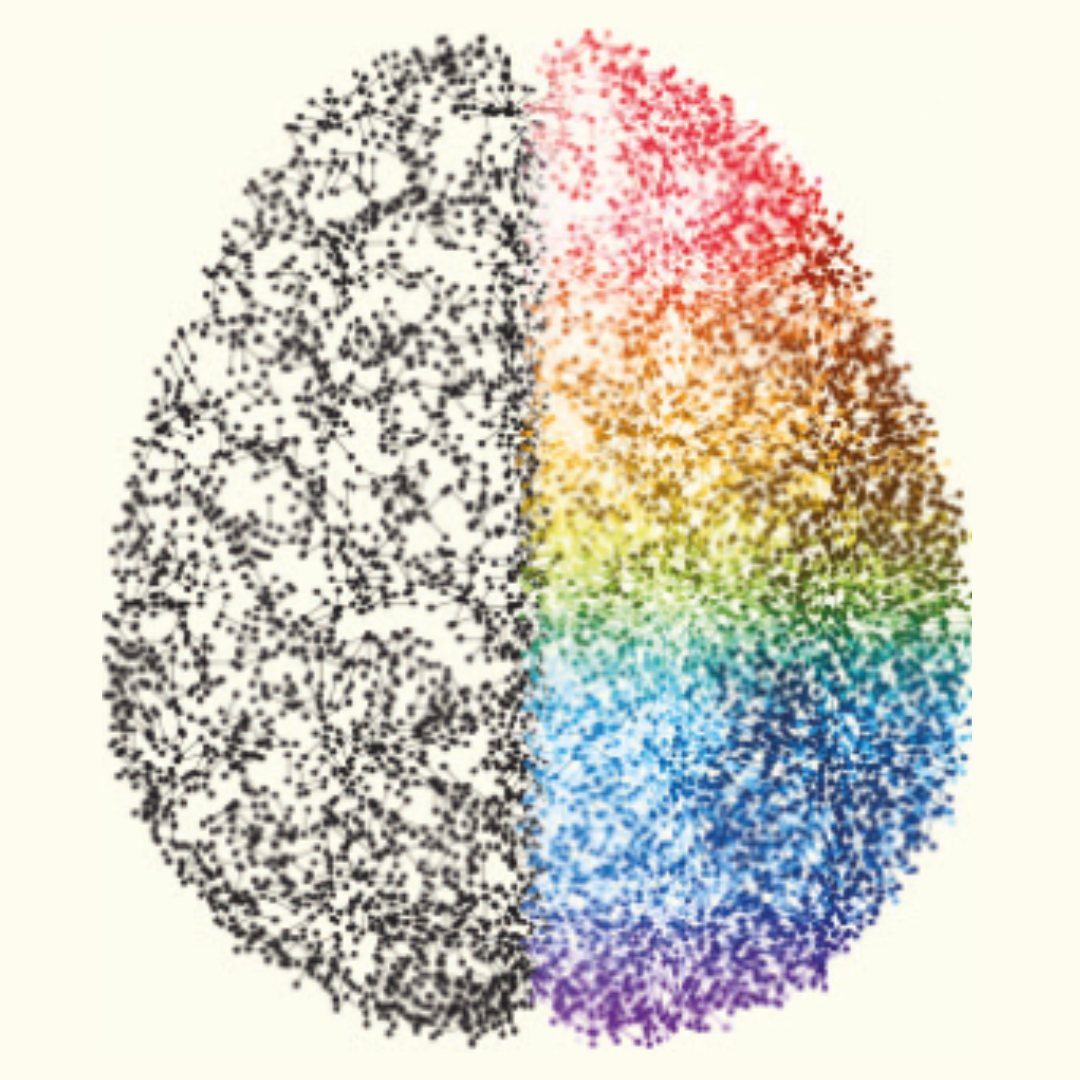Articles, blogs, news and thoughts
Life after redundancy: riding the waves of unemployment and neurodivergence
It is four months since I was made redundant and I still do not have a job. This week I received two rejections from jobs I thought I would be good at. It's always the same story, another candidate more closely matched the criteria or they had more experience - but they never tell you what specific thing you need to also closely match the criteria and score higher. So I'm getting feedback, but it doesn't help with future interviews. My interview technique is generally good, and my presentations are always well received. Any written task I have to do isn't a concern, because writing is one thing I know I can do well. So, I continue going to interviews not knowing what I can do better. And that's the thing, it's always about being better, isn't it? What is wrong with who we are? We wonder, have I answered the question in the right way? Have I understood what they need? Do I look like they would want me on their team? Is there enough eye contact? Is being honest the right thing? Should I have asked for reasonable adjustments? So many questions, with very few answers. And when you've been made redundant in the way I have, especially if your former employer told you your skills aren't valued for their new strategy, the last thing we need, is to be told is that we need to be better. The version of ourself post redundancy should be more than enough.
Redundancy three months on - the neurodivergent burnout we don't talk about...
"I've been made redundant" are words I thought would never come out of my mouth (again), at least not when things seemed to be going so well. I know people say, "It's not you that's redundant, it's the position" but we make a position what it becomes. And for many of us that job is a big part of our lives and identity. A job gives us a routine and purpose, and for that to be suddenly taken away is tough. So, whether it's framed as you being redundant or "the position" - we still feel intense rejection, isolation and often confusion or disassociation. And these feelings are often heightened if like me you have ADHD.
On no longer being needed or useful: the rollercoaster of redundancy
This is a blog post I thought I’d never have to write, at least at this point of my career when everything seemed to be going so well, yet here I am. It’s week two of officially being redundant from my job, a job that I adored alongside the people who worked there, so I thought I’d share some reflections. Although, still incredibly raw reflections as I continue to navigate this sea of uncertainty, and try to get people to want me again.
EXCITING BOOK NEWS! MY JOURNEY TO UNDERSTANDING INCLUSION AND PUBLISHING “NEURODIVERSITY IN THE WORKPLACE”
Almost two and a half years ago, I was lost, confused, and didn’t know where or if I’d ever really “fit in” in at work. I’d worked as a youth worker for years, and had also trained as a journalist, and knew that writing was what I was good at, alongside being able to engage with the young people I worked with. Something, I often described as being my “only strength”. I have a strong sense of justice (literal words from an old school report) and so, would fight for the young people I worked with, to ensure they were supported, listened to and that they felt heard. I often felt under-appreciated by managers at work, and if I was given praise, it didn’t seem genuine. What does work mean for my neurodivergent brain I asked myself? I never found the answer. Until I did. I changed jobs in 2022, and physically felt the anxiety I had inside me from previous workplaces , relax. Almost as if it said, “You’re good now, My job is done. I think you’re going to like it here”. It was a strange feeling. Is this real? When is it going to go wrong? So far, it hasn’t gone wrong, although trauma responses still make me wait for the failure that I am sure is imminent, and will strike at any moment.




